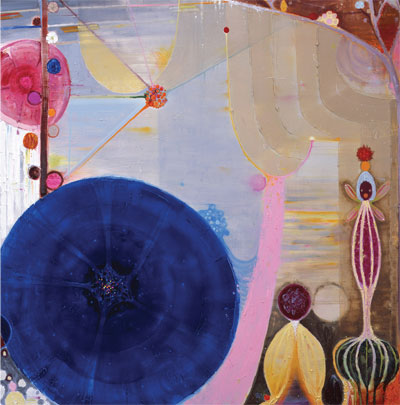
We often think that passing judgment is a bad thing. In the Winter 2010 issue of Tricycle, however, Thanissaro Bhikkhu explains what the Buddha taught about the importance of judgment.
He writes:
The first step in being judicious is understanding what it means to judge in a helpful way. Think not of a justice sitting on her bench, passing a verdict of guilt or innocence, but of a piano teacher listening to you play. She’s not passing a final verdict on your potential as a pianist. Instead, she’s judging a work in progress: listening to your intention for the performance, listening to your execution of that intention, and then deciding whether it works. If it doesn’t, she has to figure out if the problem is with the intention or the execution, make helpful suggestions, and then let you try again. She keeps this up until she’s satisfied with your performance. The important principle is that she never directs her judgments at you as a person. Instead she has to stay focused on your actions, to keep looking for better ways to raise them to higher and higher standards.
At the same time, you’re learning from her how to judge your own playing: thinking more carefully about your intention, listening more carefully to your execution, developing higher standards for what works, and learning to think outside the box for ways to improve. Most important of all, you’re learning to focus your judgment on your performance, and not on yourself. This way—when there’s less you invested in your habits—you’re more willing to recognize unskillful habits and to drop them in favor of more skillful ones.
Read the rest of “The Power of Judgement.”